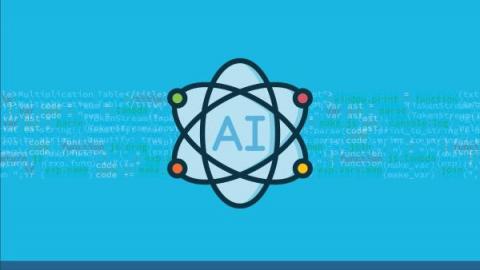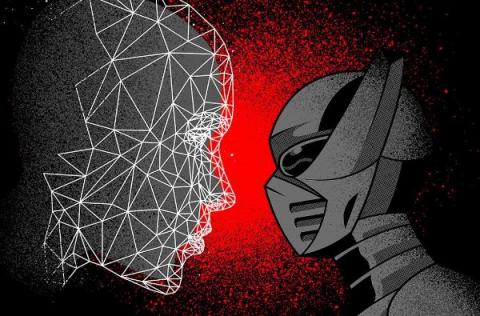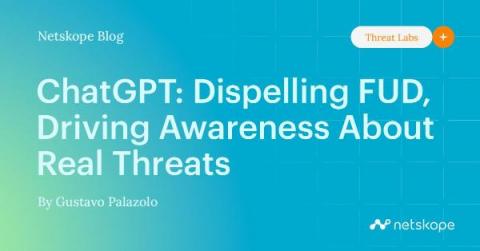The Dark Side of AI: How Malicious Bots May Exploit ChatGPT
In recent years, the world of artificial intelligence (AI) has seen a significant increase in the use of language models. ChatGPT, a language generation model developed by OpenAI, has been making waves in the news with its ability to process large amounts of data, which can be used to train machine learning models and to test them. One feature that’s grabbed headlines is its ability to write code and provide feedback on the accuracy and efficiency of code.











